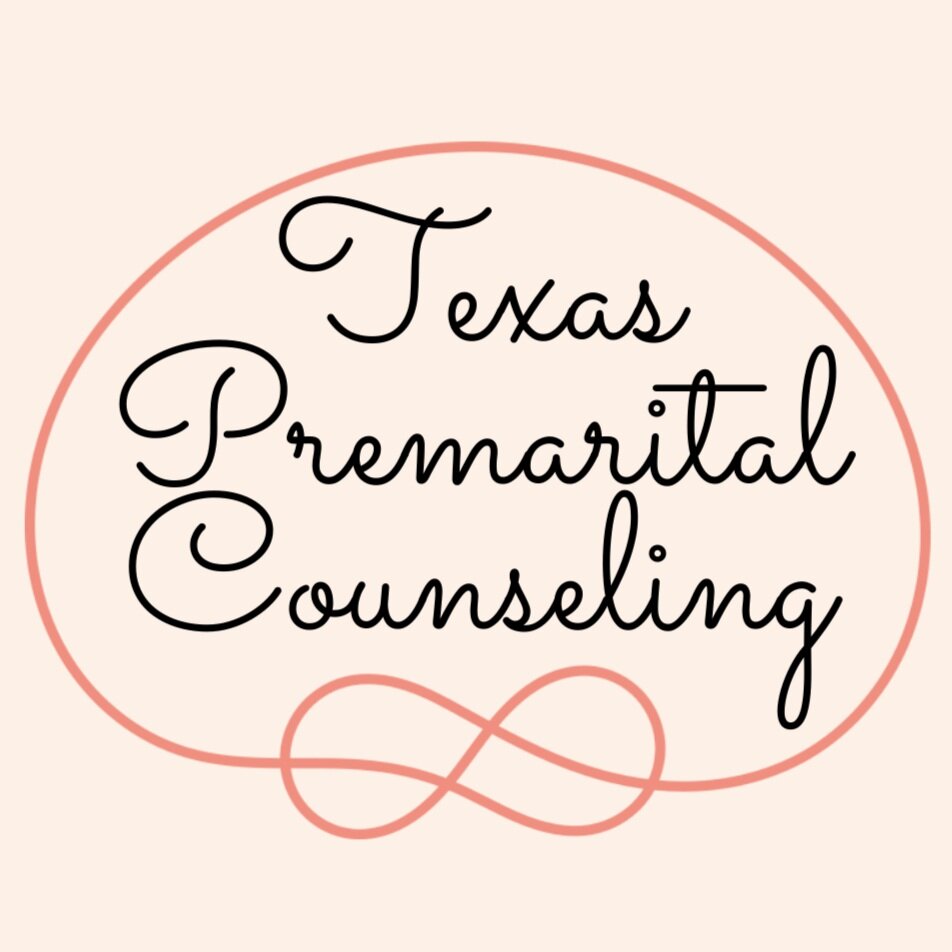What is “Preventative Relational Wellness”?
Although you’re almost certainly familiar with the words “preventative” “relational” and “wellness”, you most likely haven’t heard them strung together before. Why? Because, despite how essential relationships are, maintaining relational health is practically ignored. And, if it is addressed, it really only happens when a relationship is in crisis. How wild is that? If you think about it, this is the exact opposite of how we care for everything else of value in our lives- we take our kids to checkups, our cars in for oil changes, and get our houses inspected prior to buying them. What makes us think that relationships will simply *work out*? Especially considering that statistically, they really don’t. This is a roundabout way of saying that, when it comes to relationships, if we fail to plan, we plan to fail.
Historically, the limited preventative relational wellness couples did have access to was rooted in religion rather than research. In today’s world, this does not meet the needs of large portions of the population and may not even be a sufficient resource for religious couples. Fortunately, professionals such as licensed marriage and family therapists now provide evidence-based premarital counseling services. This is a great option to compliment guidance from a spiritual leader, or as a stand-alone service for non-religious couples.
Many people in relationships say “we’re fine, we don’t need counseling.” Or, if couples disclose to friends or family that they are seeing a counselor, there is an automatic assumption that something is “wrong” or their relationship is in trouble. Imagine if someone told you they were going back to school to get their MBA so they could be eligible for career advancements; would your first thought be “oh no, they must be doing poorly at work”? No! You would most likely be impressed by their initiative and determination. Or, if a friend says they’re enjoying the new exercise class they’ve started, would you assume their health was poor? Of course not. Likewise, preventative relational wellness is a way couples invest in a joyful future for their relationship.
Preventative relational wellness is the intentional effort made by committed partners to develop a healthy foundation for their relationship. This includes many elements such as exploration of values, building a robust communication toolbox, and thoughtful goal setting. Because this work is inherently preemptive, it is often playful, energizing, and empowering. “Premarital counseling” might be a more familiar term for this work, because many couples who participate do so during an engagement. However, preventative relational wellness can be a powerful tool at many different points of partnerships; For example, couples considering moving in together, newlyweds, and couples exploring engagement are often great candidates for this type of counseling as well.
When partners commit to building a uniquely beautiful shared life, they work as a team against problems rather than letting problems get between them. This doesn’t typically come naturally- humans are wired with survival strategies that lead us to make assumptions, jump to conclusions, and struggle with a 5:1 negative bias. Leaning into curiosity and the “not knowing” stance are learned behaviors that contribute to deeply intimate and collaborative partnerships.
So what does this mean in plain English? Basically, an ounce of prevention is worth a pound of cure. When couples participate in preventative relational wellness, they engage in conversations that don’t usually come up on their own. Like- How do you envision we will divide holiday obligations between our families? How will we manage household finances if/when we move in together? What are our warning signs that we’re becoming emotionally flooded and unable to continue a productive discussion? Creating plans to work together and stay on the same team sets couples up to successfully tackle the challenging obstacles they’ll inevitably face throughout their life together.
